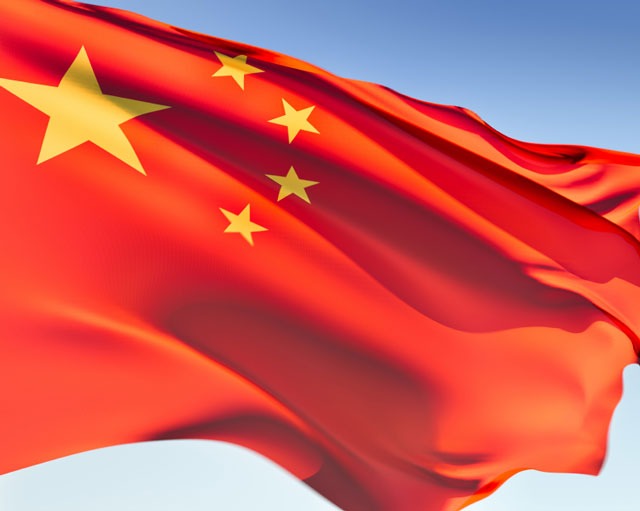————————————————–
Islamic Human Rights Commission
————————————————–
Islamic Human Rights Commission welcomes the results of the examination of the human rights situation in China, which took place in the context of the Universal Periodic Review.
Many of the reviewing countries noted the Chinese government’s openness in its approach to the UPR process. Islamic Human Rights Commission hopes this indicates a willingness on the part of the government to make greater and more effective efforts to address the serious human rights and humanitarian situation.
Islamic Human Rights Commission is particularly concern with the
freedom of religion and freedom of expression in China. This is evident from the history and the struggle of the Uyghur Muslims in Chinese occupied Central Asia. Currently, Xinjiang is the only province of China with Muslim majority. Uyghurs has endured decades of discrimination and oppression under Chinese rule
Restrictions on the Right to Freedom of Expression
Islamic Human Rights Commission research shows that actions that are strictly forbidden for Uyghurs not only include celebrating Islamic festivals, but also studying religious texts. The Chinese government vets who can be an Imam, what version of the Qur’an is acceptable, where religious gatherings may be held, and what may be said at such gatherings. Recently introduced regulations also forbid local government employees and young men under the age of eighteen from praying in the mosque.
Further, in June 2008, a court in the region sentenced five Muslim Imams to seven years’ imprisonment for illegally organising Hajj pilgrimages to Makkah. The Imams were also charged with illegally providing copies of the Qur’an at a rally in Xayar County, near Aksu City. Accusations that the CCP was suppressing Islam in this region were also documented by the BBC (2006). Signs like the following are also been posted in many public buildings in Beijing:
Anyone that can be identified as “Xinjiang Uighurs” enters the building, please report them to the security department, security guards will persuade them to leave the building.
Human Rights Implications:
The working group on arbitrary detention 2004 noted that the constitution does not guarantee the freedom of expression of one’s religion through activities and recommends revising the constitution to include such a guarantee. China also assumed International obligation by being a member of Universal declaration (UDHR). Article 2 of UDHR states “Everyone is entitled to all the rights and freedoms set forth in this Declaration,” According to article 18 of UDHR, “everyone has the right to freedom of thought, conscience and religion; this right includes freedom to change his religion or belief, and freedom, either alone or in community with others and in public or private, to manifest his religion or belief in teaching, practice, worship and observance.which guarantees persons right to manifest their religion either alone or in community.” Whereas Article 29 (2) of UDHR also states that “In the exercise of his rights and freedoms, everyone shall be subject only to such limitations as are determined by law solely for the purpose of securing due recognition and respect for the rights and freedoms of others and of meeting the just requirements of morality, public order and the general welfare in a democratic society.”
China is also a signatory to the International Covenant for Civil and Political Rights (ICCPR) and also ratified Convention on the Rights of Child (CRC). Article 14(1) of CRC clearly states “States Parties shall respect the right of the child to freedom of thought, conscience and religion.
It is evident that despite the fact China is not only a signatory but also party to many human rights instruments yet Uyghur Muslims are denied religious autonomy and freedom. This is a clear violation of China’s obligation under International human rights laws which cannot be justified under any treaty mechanism.
Recommendations:
1. Republic of China should ratify the International Covenant on Civil and Political Rights.
2. Uyghur Muslim in Xinjiang should be allowed to practice Islam according to their religious belief, without government interference or approval.
3. Uyghur Muslim child should be allowed to practice religion and the rights of parents to educate their child according to their own religious belief should be respected.
4. Republic of China should repeal all law related to freedom of expression and religious belief and bring its laws in conformity with International Human Rights Standard.
——————————————————————————————————-
The Islamic Human Rights Commission is an NGO in special consultative status with the United Nations Economic and Social Council.
Islamic Human Rights Commission
PO Box 598
Wembley
HA9 7XH
United Kingdom
Telephone (+44) 20 8904 4222
Fax (+44) 20 8904 5183
Email: info@ihrc.org
Web: www.ihrc.org







